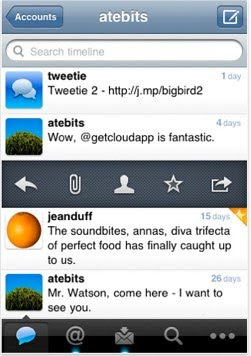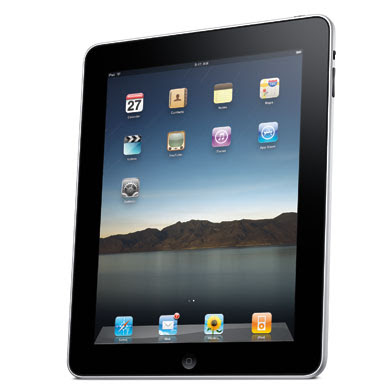
It’s a beautiful morning. No cloud in the sky, and the birds are definitely chirping. But what’s causing this celebration for these birds in particular?
In its adventure towards ever-expanding, Twitter has just announced that it polished and launched its popular new application for the iPhone called “Tweetie”. Now called “Twitter for iPhone,” the price is dropping from the reasonable $2.99 to the even better free! Loren Brichter, the developer who also created Atebits, just joined the mobile team for Twitter, and they could not be more relieved. With his help, Twitter is also planning to launch another application with the iPad coming soon.
Jason Kincaid, writer for TechCrunch, deems this as both a surprising and unsurprising move. Twitter investor, Fred Wilson, just wrote that the developers must stop “filling holes” with Twitter’s services in order to continue its success. In doing so, this requires building entirely distinguished businesses versus same-name products. Last Friday, Twitter just launched the officially BlackBerry application so that theory just seemed to fall flat on its face.
Twitter has an extremely strong and popular presence with the iPhone platform and other Mac products, so this did not seem like an entirely earth-shattering decision. There is even a Tweetie desktop application still in the works, but strategically kept hush hush. Tweetie has been perfected to arguably be the best, but other applications still need some tweaking.
But why the change in name? Twitter CEO, Evan Williams, claims that people actually seeking the Twitter application on iTunes are not finding the name. Naturally in this fast-paced, yet lazy world, searchers give up when they find no search results for Twitter instead of pursuing “Tweetie”.
Perhaps this will expand Tweetie’s database even more!





